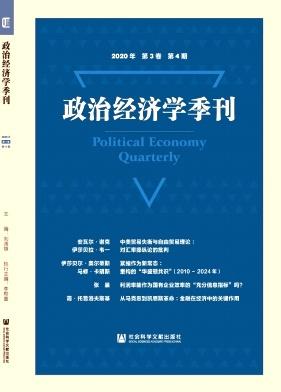Big Green Gaps: Our Inability to Tackle the Messy Issues at the Interface of Trade, Development and the Green Economy
引用次数: 0
Abstract
This address to UNCTAD's 49th Trade and Development Board explores what Rio 20 failed to do: move us toward international consensus on what is appropriate state behavior in the pursuit of a green economy. We have a panoply of unilateral measures employed to capture both environmental and industrial policy-type benefits – from renewable energy subsidies to aviation levies – but little consensus on their propriety. Some are clearly WTO-illegal, some are not, and others occupy a legal grey area. But more important than legality is the question: can they actually be effective both environmentally (in disseminating more green technology) and economically (in fostering mature new entrants and innovators in the green tech space)? And how do we balance any global environmental benefits against the impacts on trading partners? Such questions cannot be answered in the WTO, and are caustic to the WTO's dispute settlement mechanism. But we have no other suitable venues for discussion.巨大的绿色鸿沟:我们无力解决贸易、发展和绿色经济之间的棘手问题
这篇在贸发会议第49届贸易和发展理事会上的演讲探讨了里约20未能做到的事情:推动我们就追求绿色经济的适当国家行为达成国际共识。我们采取了一系列单边措施,以获取环境和产业政策类型的利益——从可再生能源补贴到航空税——但对其适当性几乎没有达成共识。有些显然是不符合wto规定的,有些则不是,还有一些则处于法律的灰色地带。但比合法性更重要的问题是:它们在环境(传播更多绿色技术)和经济(培养绿色技术领域成熟的新进入者和创新者)方面是否真的有效?我们如何平衡全球环境效益和对贸易伙伴的影响?这些问题在世贸组织内无法得到回答,对世贸组织的争端解决机制是有害的。但我们没有其他合适的讨论场所。
本文章由计算机程序翻译,如有差异,请以英文原文为准。
求助全文
约1分钟内获得全文
求助全文

 求助内容:
求助内容: 应助结果提醒方式:
应助结果提醒方式:


